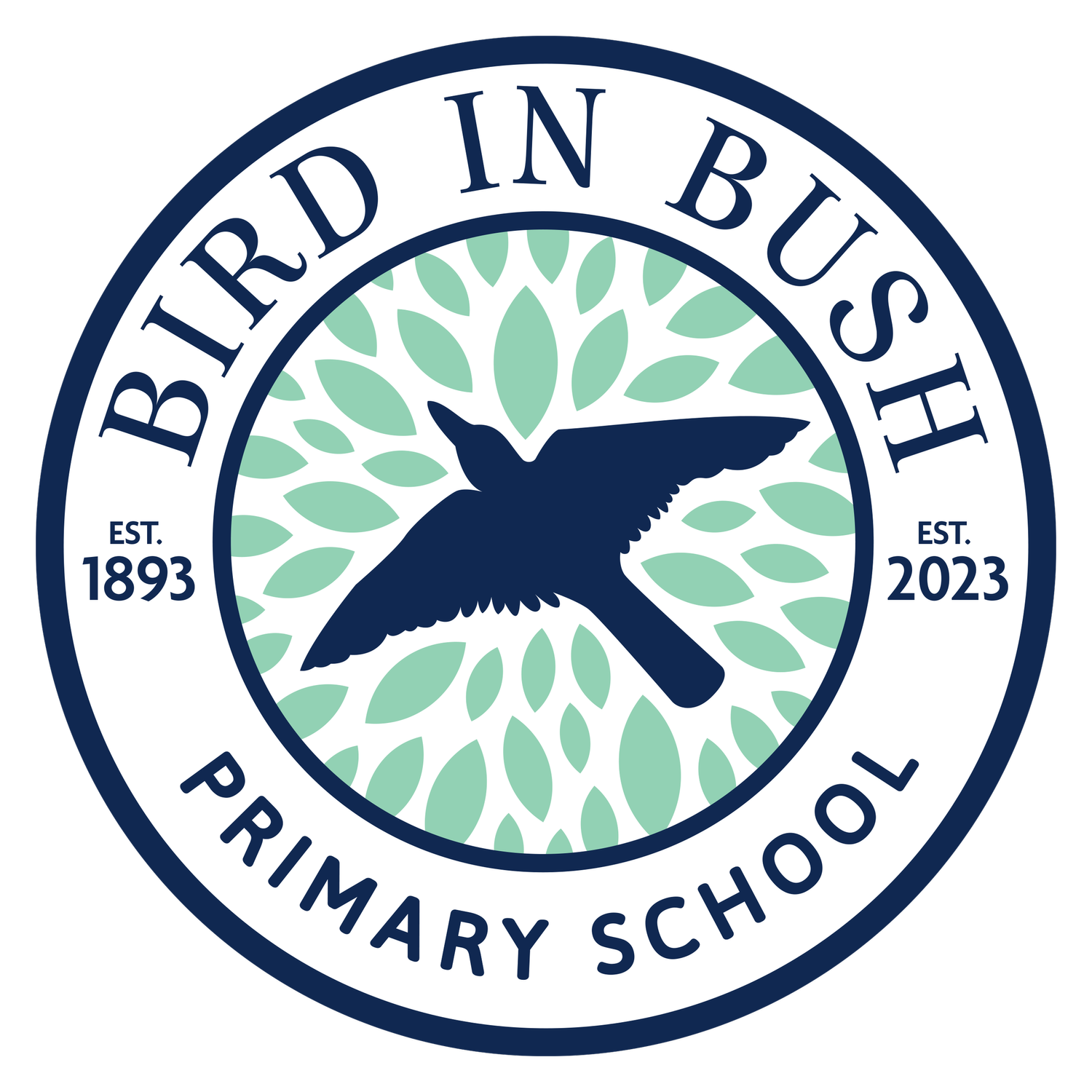Science
At Bird in Bush, we believe in using our science curriculum to develop scientific experts among our pupil intake. We believe science should excite children’s interests, build on their prior knowledge and natural curiosity and develop a passion to ask and answer questions in order to deeply engage with and grow an understanding of the world around them. We expect all children to know more, be able to do more and remember more over their learning journey with us as they are explicitly taught the concepts and procedures needed to work scientifically.
At Bird in Bush School we follow the Developing Experts Science Scheme for the teaching of Science. Leaders have chosen Developing Experts as it supports the development of pupil knowledge across a range of scientific skills. The programme is supported by online resources that provide a comprehensive library of science lessons complete with presentations, interviews with experts, lesson plans, handouts, science experiments for use at home or in class as well as songs and quizzes focused on reinforcing the knowledge required for primary science.
Intent:
Our curriculum is aligned to the National Curriculum expectations, developing children’s knowledge of scientific disciplinary knowledge from the Early Years to Year 6. Practical work and scientific enquiry have a clear purpose which forms part of the wider teaching sequence and takes place only when pupils have enough prior knowledge to learn from the activity.
Units of work are planned according to the number of hours required to effectively teach them rather than in half termly blocks. Key questions are used to assess children’s understanding with regular review of key concepts ensuring children embed key knowledge over time and build schema on which to attach new learning.
Units build across the year and over the years to provide children with a deep understanding of science and how areas of science interlink to prevent our children seeing science as isolated facts. Our curriculum overview shares the key objectives and identifies types of scientific enquiry and practical activities that ensure a broad programme of study for all children. Key assessment questions are included for each unit which teachers use to check children’s understanding during and at the end of each unit.
Implementation:
Teachers create a positive attitude to science learning within their classrooms and reinforce the expectation that all pupils are scientists capable of achieving high standards and articulating their understanding using accurate scientific vocabulary.
Science is planned and taught using a progressive approach that enables the achievement of deeper understanding and interconnected knowledge over time. In Early Years, children begin by learning about the natural and man-made world and are provided with opportunities to make and share observations, carry out simple tests and learn a wide range of vocabulary which form the beginnings of scientific concepts built on across Key Stage 1 and 2.
Children develop scientific enquiry through opportunities to: observe over time; pattern seek; identify, classify and group; plan and conduct fair and comparative tests and research using secondary sources. Through these strands, children learn to work scientifically by: asking scientific questions, planning enquiries, observing closely, taking measurements, gathering and recording results, presenting results, interpreting results, drawing conclusions, making predictions and evaluating enquiries.
Medium term plans provide further subject specific knowledge to facilitate the delivery of an excellent science curriculum including suggested visitors and visits that enhance classroom learning.
Knowledge Organisers contain the key vocabulary and concepts for each unit as well as the areas of scientific enquiry that will be used to develop learning. They support children to build their vocabulary and knowledge of key concepts and enquiry types and their purposes over time.
Impact:
Due to our successful approach to teaching science, our pupils are engaged in a high-quality science education that provides them with firm foundations for understanding the world. We use a variety of strategies to evaluate the knowledge, skills and understanding that our children have gained every half term:
CPD to ensure that teacher pedagogy and assessment is secure
external expertise to quality assure the curriculum and planning
robust in-class teacher assessment to address misconceptions
regular feedback, ‘live’ marking and pupil voice
subject monitoring, including book looks
regular low stakes knowledge assessments, using a range of creative approaches
cross-borough moderation to ensure secure teacher judgements
Enrichment:
Our engagement with the local environment ensures that pupils learn through varied and first hand experiences of the world around them. Through various workshops, trips and interactions with experts and local charities, pupils have the understanding that science has changed our lives and that it is vital to the world’s future prosperity. Pupils learn the possibilities for careers in science as a result of our community links and connection with national agencies such as STEM Learning.

